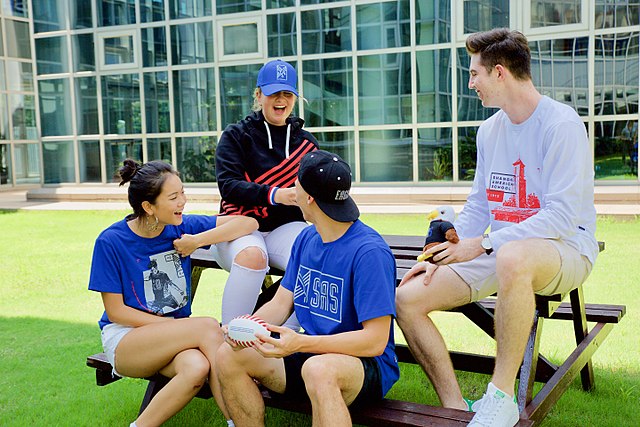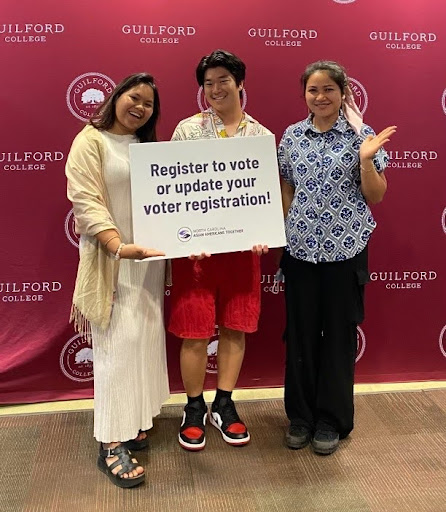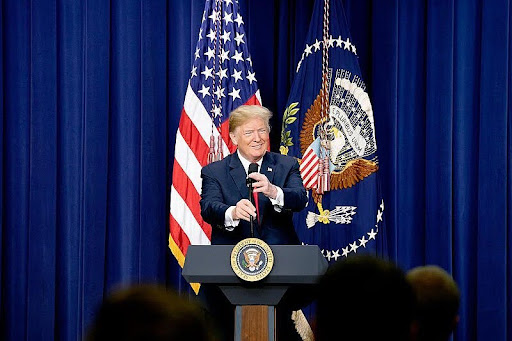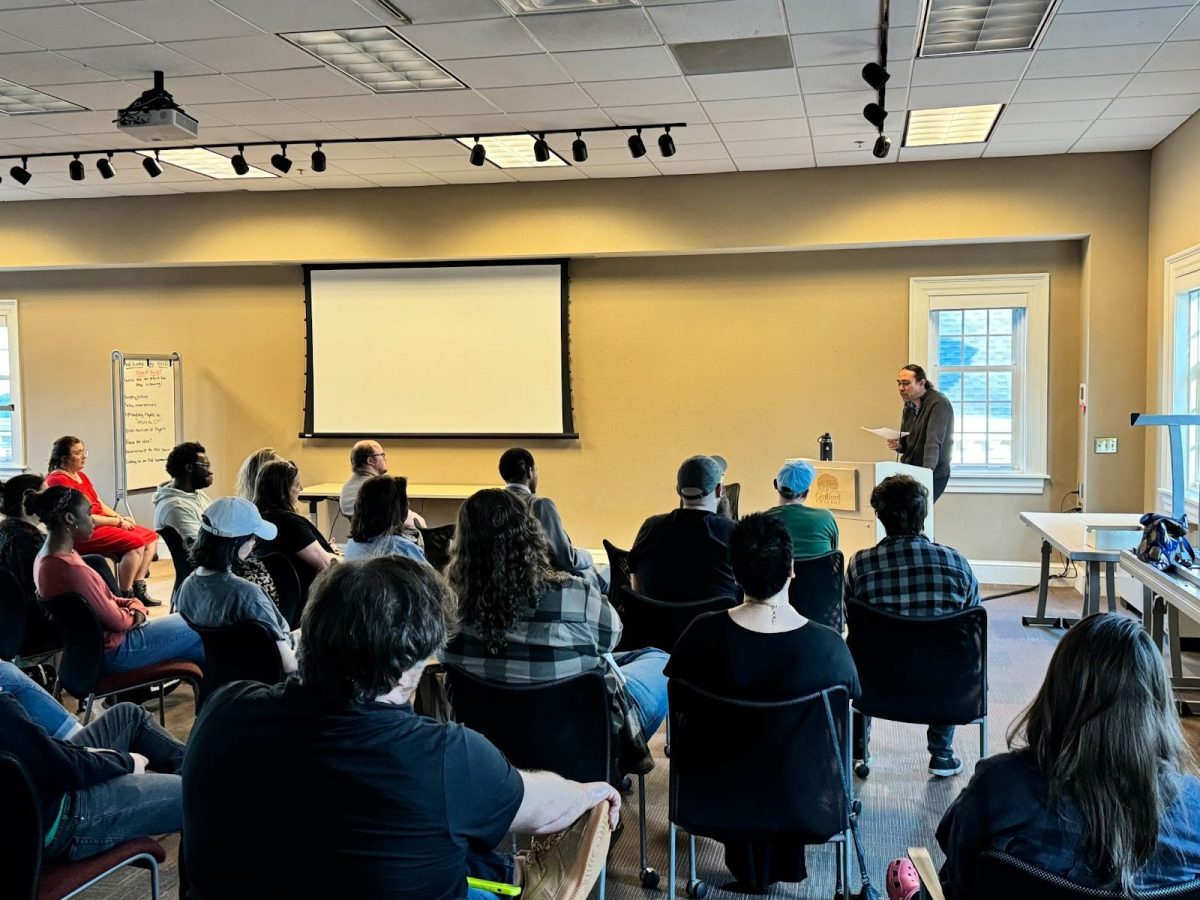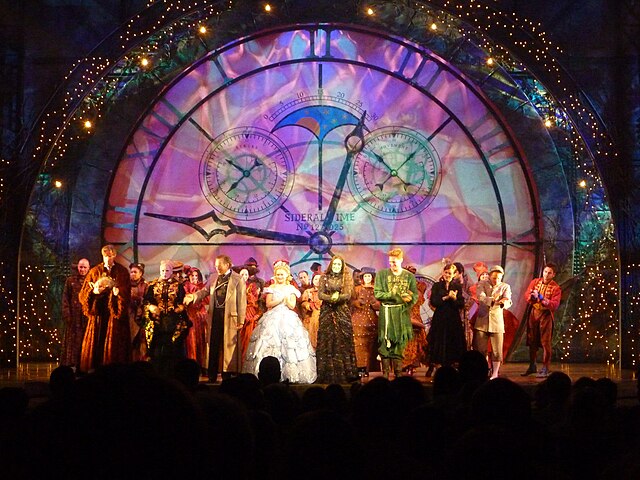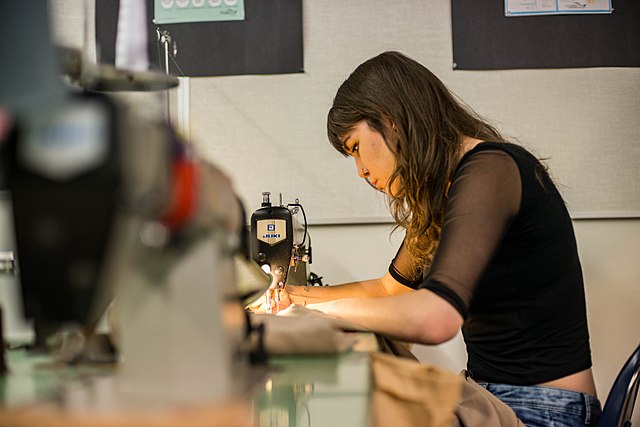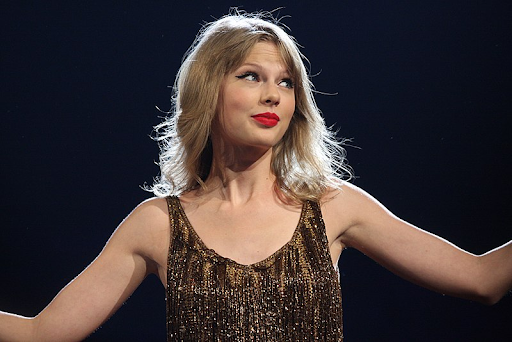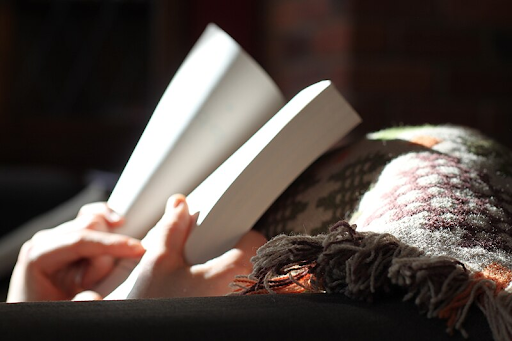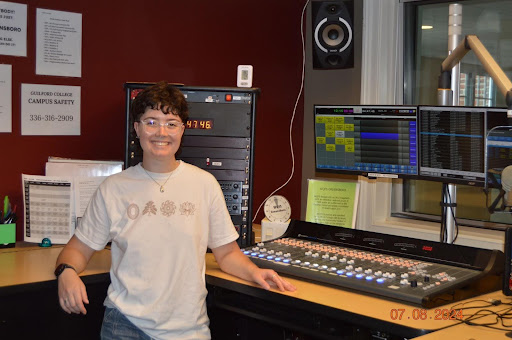Everybody knows the “F-word.” We’ve all heard it before.
It’s “feminism.” And it affects all of us.
On May 8 from 12 p.m. to 5 p.m. the Women’s, Gender and Sexuality Conference offered students, faculty and staff a chance to unite and share research and experiences related to women’s issues. The conference was in King Hall and welcomed everyone.
The discourse covered a wide variety of topics, such as abortion legislation, intersections of race and gender, the relationship between theology and women’s issues, childbirth around the world, and what it means to come out. Art was also on display to accompany these subjects.
The conference concluded with a student and faculty panel on the importance of having a thought-provoking, open and honest discussion when talking about feminism and rape culture.
“We hope that attendees gain(ed) knowledge from their peers on a plethora of topics within Women’s, Gender and Sexuality Studies,” said senior and Student Committee Coordinator Hanna Christianson. “We’ve worked really hard to make this an inclusive conference.”
Associate Professor of Sociology and Anthropology Julie Winterich described the conference as a great opportunity to bring the community together and highlight the important issues that relate to WGSS.
“I (was) excited about Michele Berger’s keynote (speech),” said Winterich.
Berger is an associate professor of Women’s and Gender Studies at the University of North Carolina at Chapel Hill who argues that Women’s and Gender Studies students are highly prepared for jobs and possess sophisticated, practical skills for the real world.
Berger appealed to the committee because of her recent book, which explains how Women’s Studies have transformed academia and the world.
“I know that (being employable) is a very important topic to the seniors on the committee as we start to freak out about finding a job post-grad,” said Christianson
Parker Hurley, LGBTQA coordinator, presented “Safe(r)- Zone Training,” which Hurley described as an anti-heterosexism and anti-sexism training.
Hurley hoped that participants would “engage in conversations of what the word ‘safe’ means (and learn) to read the world in a more queer way.”
For Hurley, presenting at the conference was a natural collaboration between the WGSS and Multicultural Education Departments. Hurley hoped his presentation would cater to those interested in multi-issue social justice organizing.
“(My presentation) will help unearth a history that has been made invisible to us,” said Hurley. “Queer people didn’t just hatch. We didn’t just come out of nowhere.”
First-year Katie Fullerton, also a presenter, hoped the conference sparked conversation about women’s issues that relate to everyone but are often ignored. Fullerton says it has been eye-opening to discover that feminist causes are everyone’s causes.
“I feel like Women’s and Gender Studies aren’t really talked about enough or valued enough in academic circles,” said Fullerton.
“It’s easy to just lump it in with all the ‘isms’ and not talk about all the different dimensions of these issues,” said Fullerton. “We need to be thinking outside the box and taking in other perspectives other than the dominant perspective.”
Senior Lydia Rain, who presented on “Complicating Prevention,” researched rape prevention methods that appeal to traditional gender roles. She hoped people came to the conference excited to learn and left with new information and fresh perspectives.
“I think that examining inequalities is important for all people,” said Rain. “Feminist studies work to do that. I also think that supporting fellow students and sharing the work that we do builds community.”
Including students, faculty and members of the community was key in making this conference a success.
“I would like everybody to know about (the conference) and feel welcomed and invited,” said Winterich. “It’s really great to come out and support each other.”
[photomosaic nggid=136]

